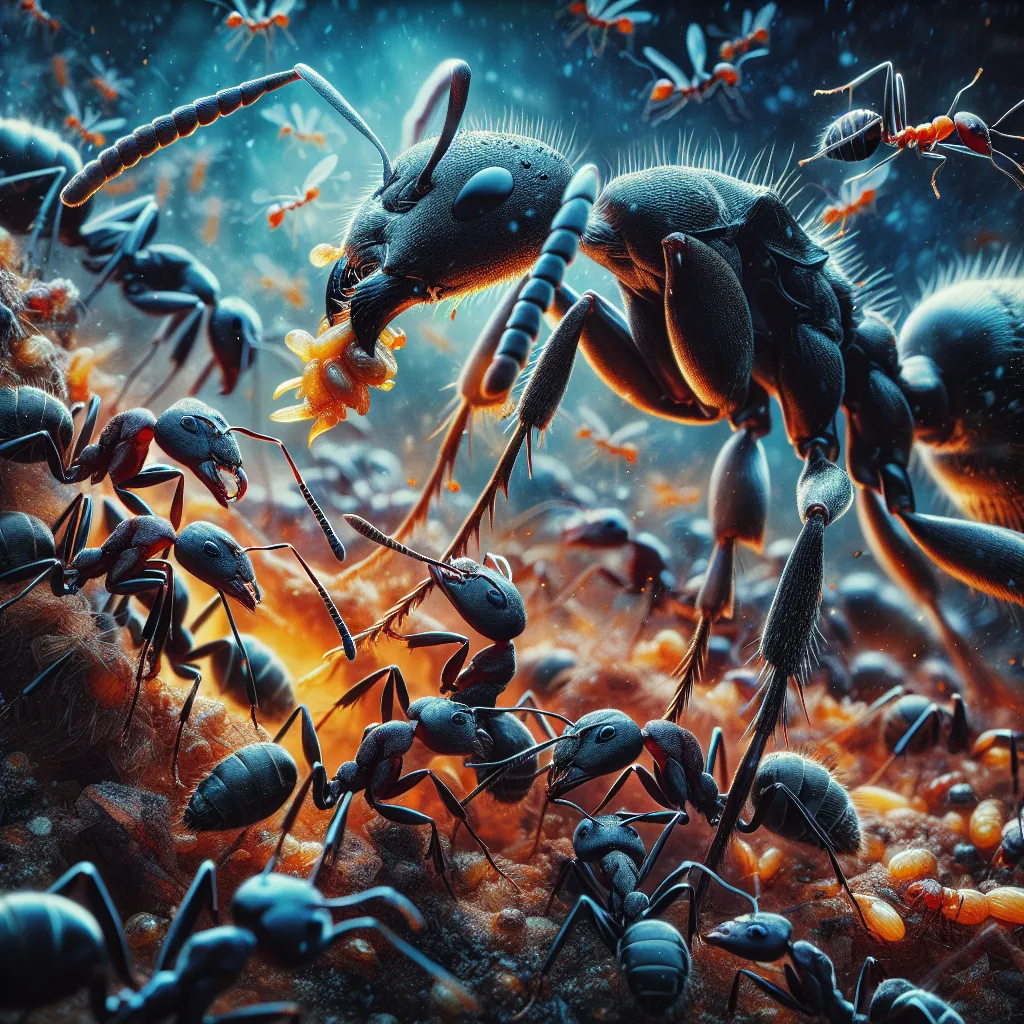Nestled comfortably between the borders of Spain and France, the Pyrenees mountain range is home to a fascinating people known as the Basque. The Basque have long intrigued both anthropologists and historians, mainly because of two peculiarities: their language, which is unlike any other in Europe, and their blood. You see, this community boasts the highest concentration of people with Rh negative blood, creating a world riddle that has puzzled many for generations. With up to 35% of Basques possessing this rare trait, the mystery only deepens.
Let’s dive into the science of blood types. Human blood is categorized into four main groups: O, A, B, and AB. These don’t paint the full picture, though. There’s another dimension called the Rh factor. The Rh factor, named after the Rhesus macaque—an Indian monkey instrumental in related research—adds another layer of complexity. Most of the world’s population is Rh positive, meaning they have Rhesus-based antigens in their blood, but a small segment is not. And that’s where things get interesting.
Among humanity, 85% are Rh positive and can effortlessly receive blood from both positive and negative donors without any hiccup. It’s simple; their body won’t turn on them for accepting foreign blood. However, the other 15%, those with Rh negative blood, can’t take it so easily. If they receive Rh positive blood, their bodies might see it as a hostile invasion and respond aggressively. Even more intriguingly, if an Rh negative woman conceives a child with an Rh positive partner, it can spell trouble for the unborn. The mother’s body might perceive the fetus as a threat, and without medical help, complications can arise. Historically, this risk was so prominent that couples needed to have a blood test before tying the knot.
The unique characteristics of people with Rh negative blood stretch beyond peculiar medical circumstances. Some studies suggest these individuals might have lower blood pressure, a slower pulse, and interestingly, sometimes an extra vertebra in their spine. Until the 15th-century age of exploration and colonization, places like the Americas, Southern Africa, and Asia had not even encountered this blood type. It was primarily a European feature. Consequently, pondering the origins of Rh negative leaves us in the midst of countless questions. If all humans are believed to have originated from Rh positive ancestors in Africa, where exactly did Rh negative blood evolve?
This conundrum has opened the floodgates to intriguing theories. Some scientists wonder if this blood type might hint at a different evolutionary path. Perhaps Rh negative people were altered by a species unknown or evolved naturally under mysterious circumstances. It paints a picture of a past full of wonder and intrigue, teasing the boundaries of what we think we know about human history.
Could it be that the Rh negative blood type points to a different version of how we emerged as a species? Some take it a step further, envisioning connections with extraterrestrial life. Is it possible that these bloodlines were shaped by beings from another world, or are these just fanciful tales spun by our thirst for the extraordinary? The mystery of Rh negative blood and its peculiar traits remain an open book—a story as fascinating as any science fiction, yet anchored in the real, tangible world we live in.
For now, the Rh negative enigma continues to be a symbol of the unknown intersections of genetic evolution. Are we merely scratching the surface of an ancient story hidden within our own veins? Whether it harbors secrets of a different evolutionary journey or hints at cosmic meddling, the narrative surrounding Rh negative blood challenges us to think bigger, to question deeper, and to acknowledge that while science has unraveled much, there still remain threads of the past waiting for their stories to be told.






